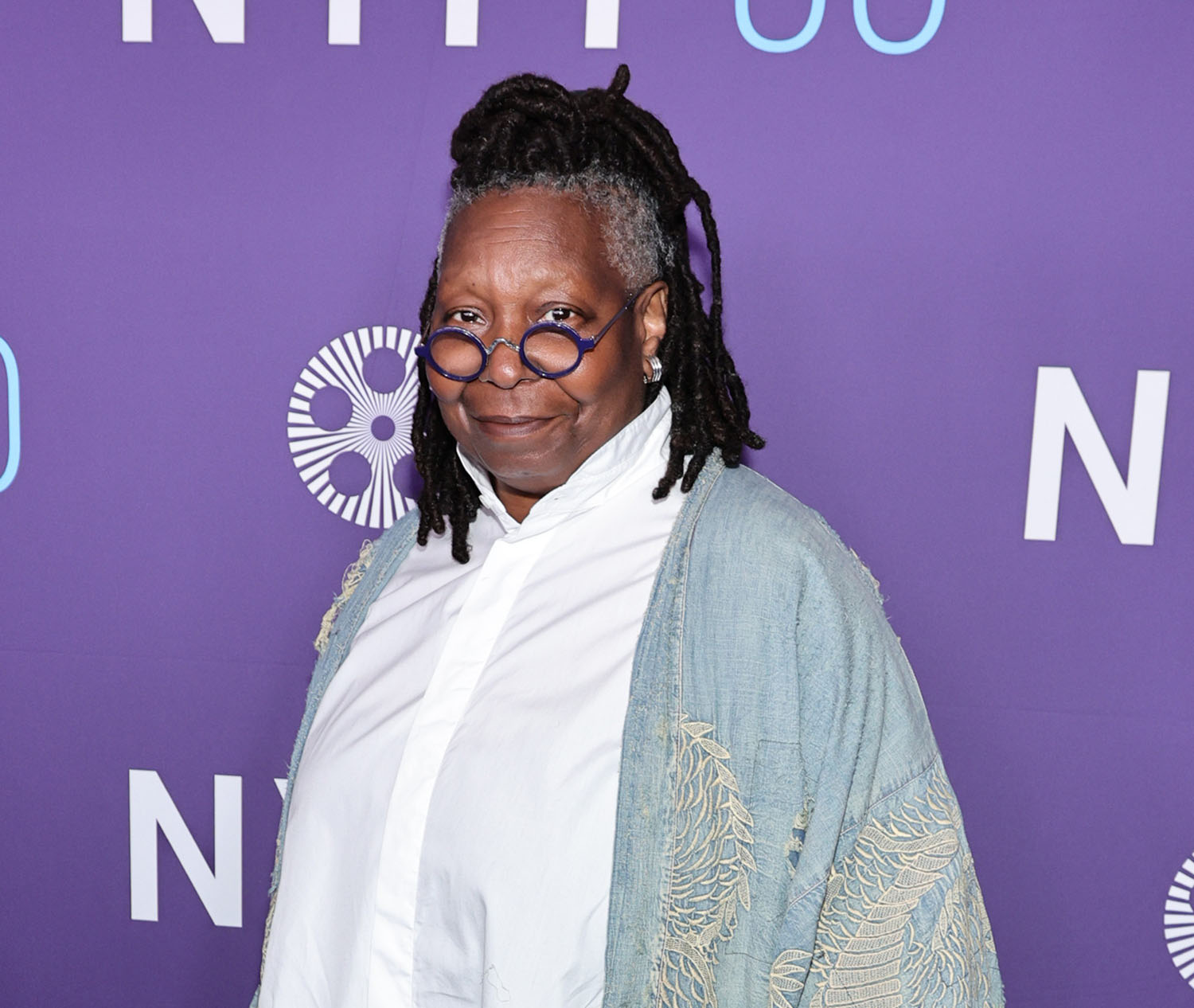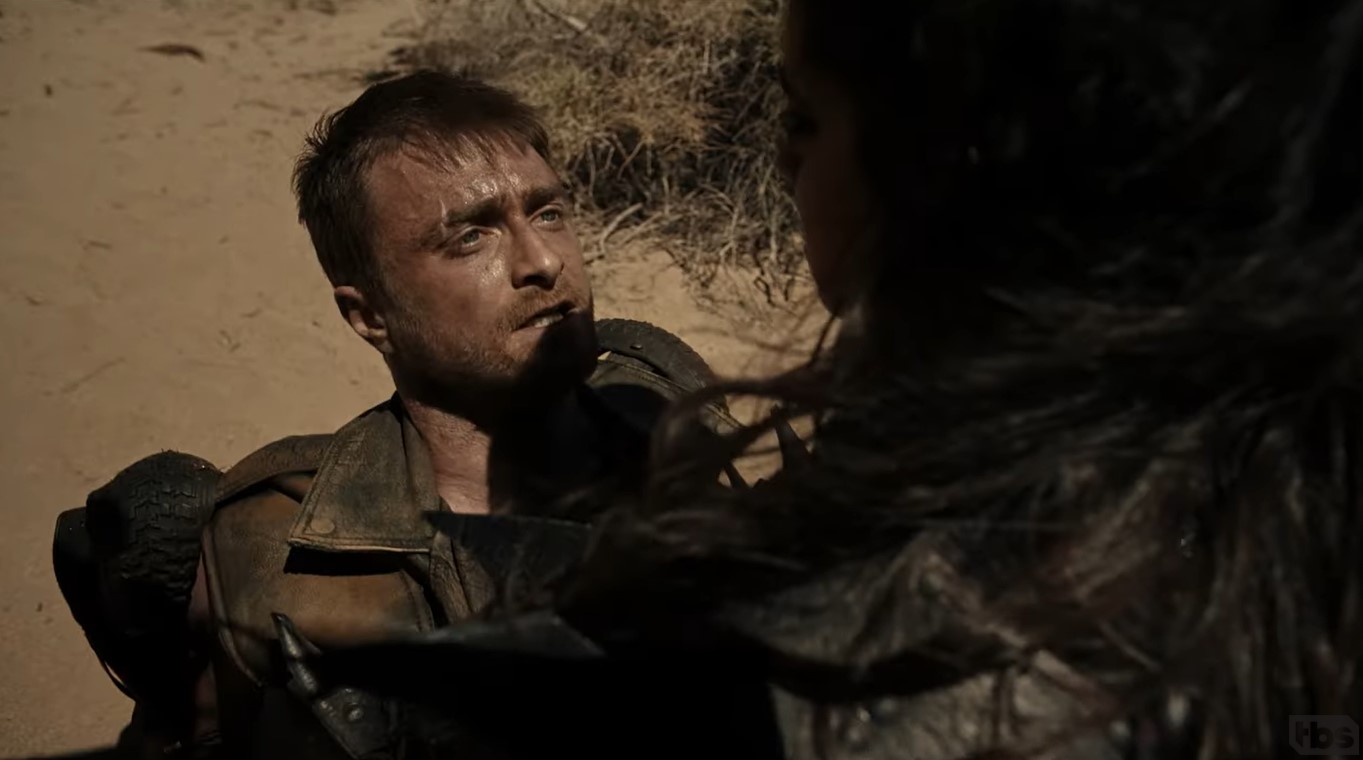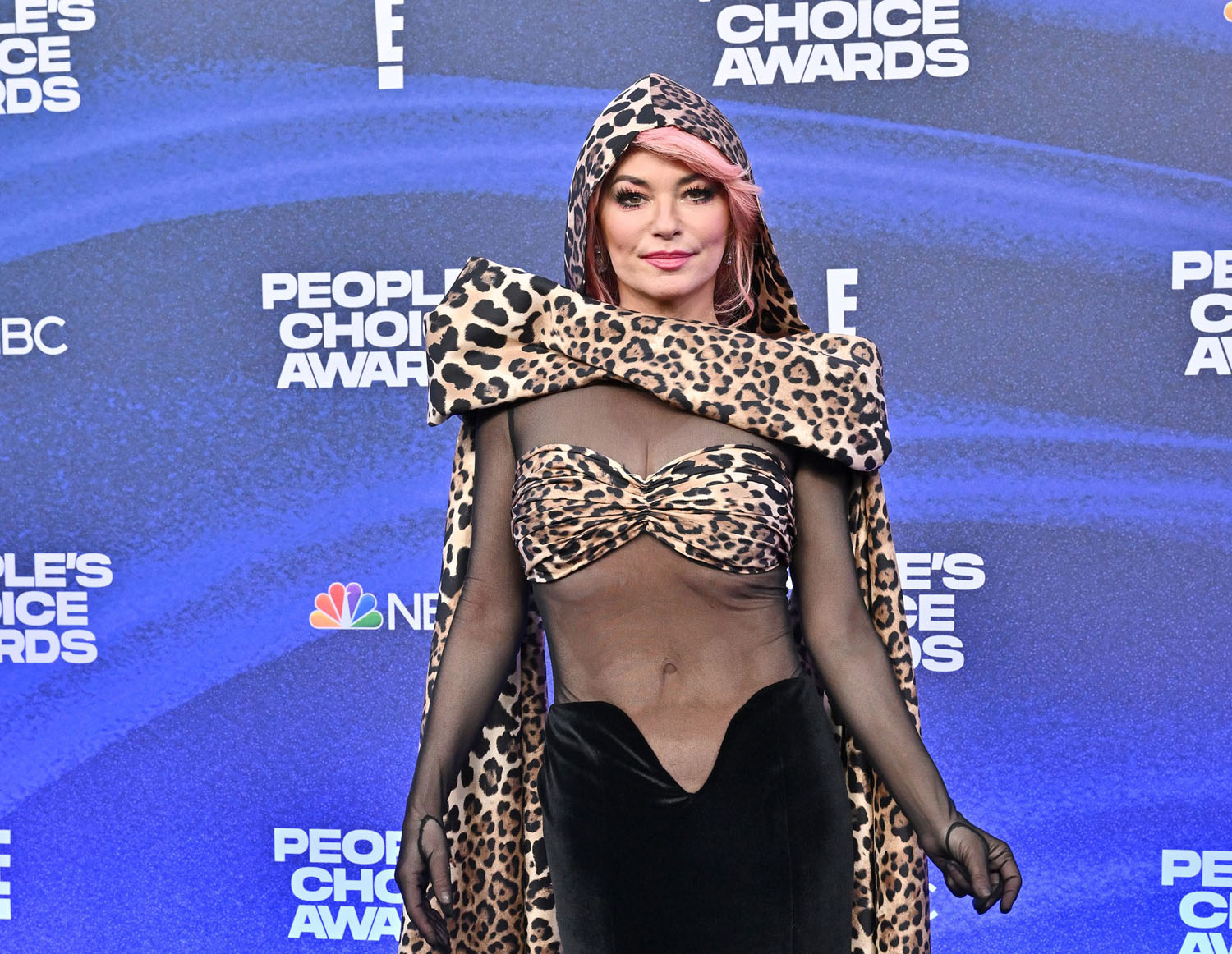Whoopi's biopic clause



EGOT winner Whoopi Goldberg is seeing to it that when she dies, she rests in peace. During a discussion on yesterday’s episode of The View, she informed the panel that she’s got a clause in her will that blocks any unauthorized and unsanctioned biopics about her life and career from being made. Anyone wanting to do so will have to consult her family first.
“They’re not gonna make films because in my will, it says, unless you speak to my family….try it. Try it!” she said, after Sunny Hostin suggested that given her celebrity, people would attempt to produce biopics about her.
The conversation surrounded Blonde, the latest Marilyn Monroe biopic starring Ana de Armas. The film was based on the book written by Joyce Carol Oates in 2000 and since its release, has been under fire for gruesome abortion scenes, and being ‘sexist and exploitative’, according to Steph Herold, an abortion researcher at the University of California.
The film’s director, Andrew Dominik, spoke out about the backlash during the Red Sea Film Festival in Saudi Arabia, which runs until December 10th. He said the American audience had the most visceral reaction to the movie, and that because Marilyn Monroe is an American icon, they wanted to see a celebration, rather than what he put forth.
“Now we’re living in a time where it’s important to present women as empowered, and they want to reinvent Marilyn Monroe as an empowered woman. That’s what they want to see,” he said. “And if you’re not showing them that, it upsets them.”
He also addressed claims the movie was exploitative: “[It’s] kind of strange, because she’s dead. The movie doesn’t make any difference in one way or another,” he said. “What they really mean is that the film exploited their memory of her, their image of her, which is fair enough. But that’s the whole idea of the movie. It’s trying to take the iconography of her life and put it into service of something else, it’s trying to take things that you’re familiar with, and turning the meaning inside out. But that’s what they don’t want to see.”
The View panelists questioned whether it was really “that deep”, or whether the movie just sucked – and they all agreed it was the latter. Then, Sunny Hostin suggested more celebrities will need to follow in Whoopi’s footsteps to avoid their life’s work and story being poorly told in a biopic, as Marilyn Monroe’s was in this case.
When it comes to biopics, there is an art to getting it right. Casting the right actor is a huge component, but it’s also about embodying the true essence of the person being profiled. This can be so subjective. According to Dominik, he thinks his film did exactly what he intended for it to do – disrupt the memory people have of Marilyn Monroe. But when you add in family and estate involvement to the mix - there are way too many parties to please.
Earlier this year, the latest Elvis biopic was slammed by critics as ‘inaccurate’ as the movie failed to touch on key components of his downfall, and his battle with obesity and an addiction to pills as he neared the end of his life was hardly addressed.
Around the time of the film’s release, Elvis’ stepbrother David E. Stanley gave an exclusive interview to The Sun, revealing chilling details about the King of Rock n’ Roll’s August 16, 1977 death. David described having to tell the paramedic it was a drug overdose and the criticism that followed him for years for saying that, which conflicted with the rumour he had been eating a peanut butter sandwich.
"When I saw him I knew he was gone, rigor mortis had sent in, his eyes were rolled back and face blue bloated,” he described.
Over the years, it’s been widely agreed that biopics like Lawrence of Arabia, Malcolm X, Milk and Selena all got it right. Through casting and storytelling and finding the right way to express the nuances that come with depicting the complexities of one’s life and experiences, these movies were widely successful. But not all biopics have been so highly regarded.
In 2014, Lifetime took on the massive undertaking of producing a biopic about R&B star Aaliyah – someone who married disgraced musician R. Kelly at age 15, despite a 12 year age difference at the time. Her family took a firm stance against the production and made it clear that the network was going against their wishes. Zendaya was supposed to star in this movie but ended up walking away from the project over its lack of production value. Critics slammed the film’s terrible casting and inability to get it right.
A year before that, The New York Times writer Jon Caramanica slammed the TLC biopic, CrazySexyCool, suggesting the movie was all over the place and hyper-focused on the group’s trials and tribulations, and didn’t focus enough on the ground-breaking work they were doing.
"TLC was one of the most innovative pop groups of the 1990s, a modern, forward-looking hybrid with several multiplatinum albums and Grammys to its name," he wrote. "But ‘CrazySexyCool’ ... pinballs from one eruption to the next, giving over disproportionate time to the group’s myriad financial squabbles with its label and management. That leaves barely any time for accolades, a shame for a group that received and deserved many.”
It’s hard to do these icons justice – especially because chronicling the human experience of anyone, let alone a celebrity, comes with a host of nuances and complications and there is so much that we don’t know and don’t see, even in cases where we think we’ve seen it all. One way to at least increase the chances of getting it right is to ensure that the families and estates of any biopic subject sign off on and are involved in the process – to some extent, at least, because sometimes family involvement comes at the cost of crucial information being omitted.
In 2017, a British network pulled an episode of an anthology series called Urban Myths: A Brand New Collection of TV Comedies that would see white actor Joseph Fiennes play Michael Jackson. The eight-part series intended to recreate rumoured stories about celebrities – and this particular episode would depict a supposed road trip that Michael Jackson, Elizabeth Taylor and Marlon Brando took together after flights were grounded during 9/11. The decision to pull the plug came just one day after Michael’s daughter, Paris, unleashed a series of tweets and statements slamming the casting decision, saying Joseph Fiennes’ portrayal made her want to ‘vomit’. I imagine that’s the reason why earlier this year, when it was announced that an official biopic about the star would be released, the fact that it was backed by his family and estate was highly publicized.
When you think about the devastating details outlined by Elvis’ stepbrother and the outrage from Michael Jackson’s daughter over the casting of a white man to play her father, amongst other production decisions, you have to ask where the happy medium lies. How can a production accurately and ethically portray a story in full, still be respectful of a family and an estate’s wishes, all the while trying to make a good movie?
Biopics aren’t going anywhere anytime soon. In just a few weeks time, a movie starring Naomi Ackie as Whitney Houston is set to be released – and though the trailers seem promising, there is ambivalence over whether the essence of a legendary icon like Whitney Houston can be truly captured. But until the question I asked above is answered and agreed upon by all parties involved, stars who would rather not run the risk of being misrepresented on the big screen after they die will have to do what Whoopi did - put it in writing.

